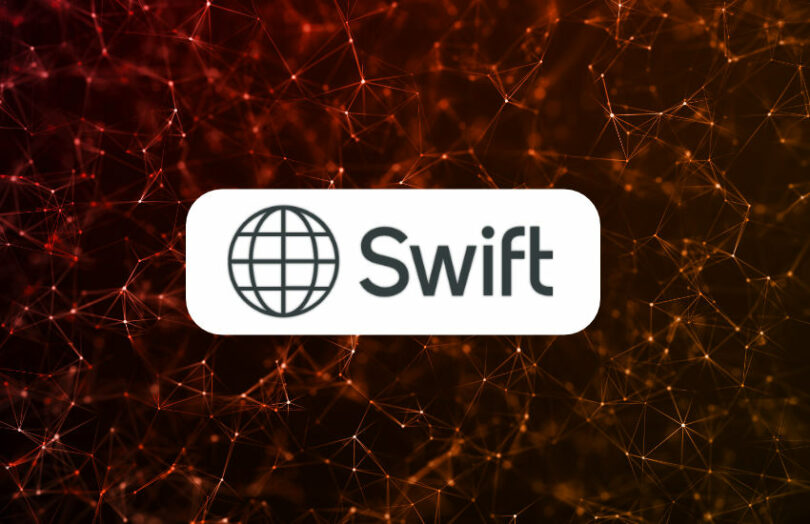Today Swift announced a new set of experiments with more than a dozen institutions to explore blockchain interoperability challenges to integrate with multiple public blockchains in a collaboration with crypto startup Chainlink.
The institutions involved include ANZ Bank, BNP Paribas, BNY Mellon, Citi, Lloyds Bank, central securities depositaries Clearstream and Euroclear, as well as the DTCC and SIX Digital Exchange.
The trials are intended to use existing Swift infrastructure, standards and messaging to enable transfers between current systems and public and private DLT networks.
“There’s unlikely to be a single prevailing blockchain network,” said Tom Zschach, Chief Innovation Officer at Swift. “In such a highly fragmented ecosystem, it would simply not be feasible for financial institutions to connect to each and every platform individually. That’s why the community is working with Swift to develop an interoperability model that would enable access to different platforms globally.”
Chainlink’s role in blockchain interoperability
This sentiment was iterated when Swift collaborated with Chainlink for a proof of concept last year. While Chainlink is best known for its public blockchain oracle network, it also has a blockchain interoperability solution, the Cross-Chain Interoperability Protocol (CCIP).
“If even a small portion of the quadrillions of dollars in value flowing through the Swift network and its over 11,000 member banks makes its way onto blockchains, the entire blockchain industry could grow multiple times larger very quickly,” said Chainlink co-founder Sergey Nazarov.
Three use cases are planned for the trials. First, transfers between two Ethereum test net wallets will be executed. Then it will test transfers from a public to a permissioned blockchain. And finally, it will explore transfers between Ethereum and another public blockchain.
Last year Swift conducted the first phase of tokenization interoperability trials with institutions within a permissioned environment.
The research will also explore other non-technical issues, including compliance, confidentiality, privacy and liability or recourse when transacting on a public blockchain.
The thorniest issue could be regulatory challenges. Regulators are already treading cautiously with permissioned blockchains. Some are reticent when it comes to public blockchains. For example, the recently finalized Basel crypto rules carry a caveat that there may need to be rule adjustments for permissionless blockchains.
There are a variety of blockchain interoperability solutions in the works for tokenization. They include the Canton Network from Digital Asset, which connects solutions that use its DAML smart contract language. R3’s Corda also has the Corda Network. FinP2P has a non-blockchain routing network, and DataChain is helping a major Japanese blockchain network founded by MUFG to connect to multiple public blockchains for stablecoin issuance.
Meanwhile, Swift is also involved in cross border CBDC trials, it’s testing blockchain for corporate actions, and experimenting with interoperability for electronic bills of lading, many of which use blockchain.






